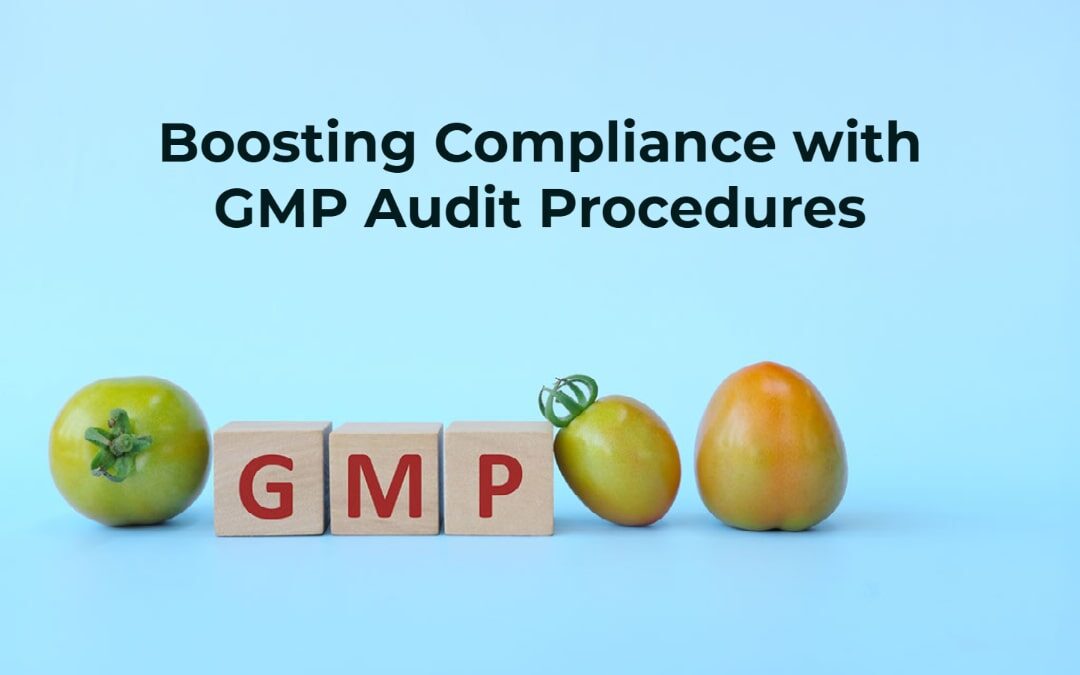What is a GMP audit?
A GMP audit is a comprehensive assessment of a pharmaceutical, biotech, or medical device company’s facilities, processes, and systems to ensure compliance with Good Manufacturing Practices (GMP) regulations and standards.
Why are GMP audits important?
GMP audits are important because they help ensure the quality and safety of pharmaceutical, biotech, and medical device products.
They also help companies identify potential gaps in their compliance and implement corrective actions to prevent quality issues and regulatory violations.
What is a GDP audit?
A GDP audit is an evaluation of a company’s compliance with Good Distribution Practices (GDP) regulations and standards. It assesses the quality and safety of pharmaceutical, biotech, and medical device products during distribution and helps companies identify areas for improvement and ensure ongoing compliance.
GDP audits typically focus on areas such as storage, transportation, and handling of products to ensure that they are not damaged or compromised during distribution.
The goal of a GDP audit is to ensure that the products are distributed in a safe and effective manner and that the quality and safety of the products are maintained throughout the supply chain.
What is the difference between GMP and GDP?
Good Manufacturing Practices (GMP) are guidelines and standards that govern the manufacturing, packaging, labeling, and testing of pharmaceutical, biotech, and medical device products, while Good Distribution Practices (GDP) are guidelines and standards that govern the distribution and storage of pharmaceutical, biotech, and medical device products.
What is a compliance audit?
A regulatory compliance audit is an evaluation of a company’s compliance with regulatory requirements, such as GMP regulations and other relevant regulations and standards.
It assesses the company’s documentation, facilities, and processes to identify potential gaps in compliance and provide recommendations for corrective actions.
A regulatory compliance audit is conducted to ensure that a company is complying with applicable regulations and standards and to prevent quality issues and regulatory violations.
GMP audit helps companies identify and address compliance risks and improve their quality assurance and compliance processes to maintain the quality and safety of their products.
What are the consequences of non-compliance with GMP regulations?
Non-compliance with GMP regulations can result in regulatory action, product recalls, or even legal penalties. It can also damage the reputation of the company and lead to loss of business.
How often should GMP audits be conducted?
GMP audits should be conducted periodically to ensure ongoing compliance and continuous improvement. The frequency of audits depends on factors such as the level of risk associated with the manufacturing process, the complexity of the facility, and the regulatory requirements.
How long does a GMP audit take?
The duration of a GMP audit depends on the scope of the audit, the complexity of the facility and processes, and the number of auditors involved.
What is the process for conducting a GMP audit?
The process for conducting a GMP audit typically involves the following steps:
• Define the scope and objectives of the audit
• Develop an audit plan
• Conduct the audit, including interviews, documentation review, and facility inspection
• Compile findings and recommendations in an audit report
• Follow up on corrective actions and verify implementation
What is a mock inspection?
A mock inspection is a simulated regulatory inspection that helps companies prepare for actual regulatory inspections. It involves conducting an audit using the same methods and standards as a regulatory agency and identifying areas for improvement before the actual inspection.
How can a company benefit from a mock inspection?
A mock inspection can help a company prepare effectively for an actual regulatory inspection, identify potential gaps in compliance, and implement corrective actions to prevent quality issues and regulatory violations. It can also help companies improve their quality assurance and compliance processes and maintain the quality and safety of their products.
Also read: A comprehensive GMP audit checklist | Pharmaceutical Firms
How to Conduct a GMP Audit: Techniques and Best Practices
9 Ways to Boost Quality, Productivity in Pharma Manufacturing
What is a risk-based approach to GMP auditing?
A risk-based approach to GMP auditing involves assessing the level of risk associated with the manufacturing process, facility, or system being audited and focusing on areas of highest risk. This approach ensures that audit resources are allocated efficiently and effectively and that the most critical areas are given the highest priority.
Can GMP audit services be customized to meet specific company needs?
Yes, GMP audit services can be customized to meet specific company needs. Our GMP consultancy services offer a range of audit services tailored to the specific needs of each client, including compliance audits, supplier audits, and mock inspections.
We work closely with our clients to understand their needs and develop a customized audit plan that meets their requirements.
What qualifications and experience do GMP auditors have?
GMP auditors typically have a background in the pharmaceutical, biotech, or medical device industry and have extensive experience in GMP regulations and standards. They also have training in auditing techniques and are familiar with industry best practices.
Our team of auditors has the necessary qualifications and experience to provide high-quality GMP audit services.
How can companies prepare for a GMP audit?
Companies can prepare for a GMP audit by conducting self-audits, identifying potential gaps and areas for improvement, and implementing corrective actions. They can also review their documentation, facilities, and processes to ensure compliance with GMP regulations and standards.
Our GMP consultancy services offer pre-audit support to help companies prepare for GMP audits.
How can companies benefit from outsourcing their GMP audit services?
Outsourcing GMP audit services can provide several benefits to companies, including access to specialized expertise, cost savings, and increased flexibility. It also allows companies to focus on their core business activities while ensuring compliance and quality assurance.
Our GMP consultancy services offer a range of outsourcing options to meet the specific needs of each client.

Office Address
No 182, Zhaohui Road, Hangzhou 310014, China
No 139, Mayuri Nagar, Hyderabad 500049, India
Quick Services

